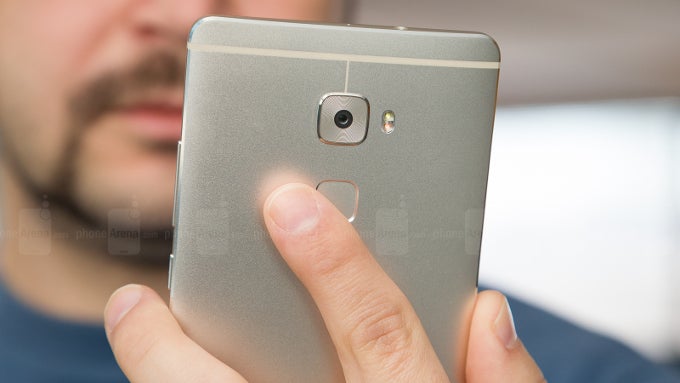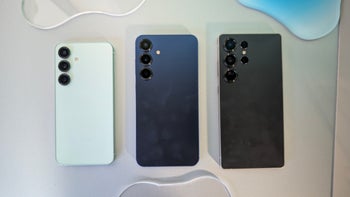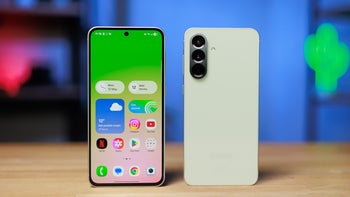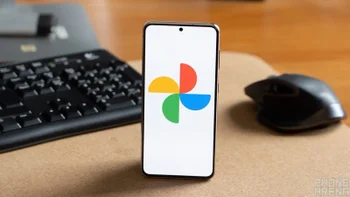Updated: Think your Android smartphone with fingerprint scanner is safe from thieves? Think again

Android gives users a lot of freedom, which is a double-edged sword
A lot of Android smartphones also have a fingerprint scanner, and the sense of security it provides has also migrated to the Android user base, but in most cases – it’s a false one.
Update: Avid readers have pointed out to us that Samsung has an Activation Lock feature in place. It's a bit out of the way and required us to find and turn it on manually, but it's there. You need to go into Settings -> Security and turn on Activation Lock. This feature did not allow us to use a freshly reset Galaxy Note Edge, running on Android 5.1.1, even if we didn't connect it to the Internet after resetting, so props to Samsung for that. While there are a couple of ways to go around it, they are certainly not obvious, and this is a step in the right direction. Android is supposed to have an Activation Lock of its own since the 5.1 update, which should work similarly, but we haven't been able to get it to work automatically on the various handsets we tested this with. It requires the user to manually access the Android Device Manager, but seeing that it may take you a while between getting your phone stolen and accessing a computer – that's just not good enough.
So, while a potential thief will most probably not have access to the data on your Android smartphone, they can certainly access Recovery Mode, wipe it clean, and use it as their own / resell it. From that point on, you can't track the handset through the Android device manager, nor remotely control it in any way. In contrast – Apple's iCloud Account Lock will not let anyone through (backdoors in older iOS versions can sometimes be found, so it's preferable to always be up to the newest version), which makes the device unusable and significantly lowers its resale value. You will be able to track its location whenever it is on, and even when the thief turns it off — or if its battery dies — it will use its final seconds of on time to send out an updated location to the cloud.
This is not to say "iOS good, Android bad!", but do consider it as a public service announcement – if you’ve been having peace of mind, thinking that locking your Android smartphone will essentially make it worthless for potential thieves, this is probably false, unless they are really thick or easily discouraged (also, unable to use Google). It's great that Androids are getting an Activation Lock, but in our experience – it's a bit forgiving and out-of-the-way in its current state.
This is not to say "iOS good, Android bad!", but do consider it as a public service announcement – if you’ve been having peace of mind, thinking that locking your Android smartphone will essentially make it worthless for potential thieves, this is probably false, unless they are really thick or easily discouraged (also, unable to use Google). It's great that Androids are getting an Activation Lock, but in our experience – it's a bit forgiving and out-of-the-way in its current state.
Follow us on Google News














Things that are NOT allowed:
To help keep our community safe and free from spam, we apply temporary limits to newly created accounts: